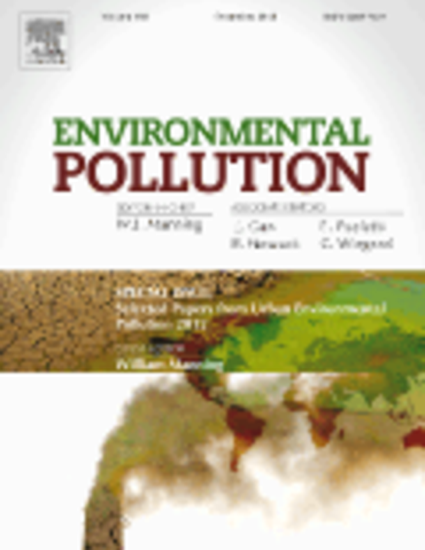
To assess physiological impacts of biosolids on trees, metal contaminants and phytochelatins were measured in Douglas-fir stands amended with biosolids in 1982. A subsequent greenhouse study compared these same soils to soils amended with fresh wastewater treatment plant biosolids. Biosolids-amended field soils had significantly higher organic matter, lower pH, and elevated metals even after 25 years. In the field study, no beneficial growth effects were detected in biosolids-amended stands and in the greenhouse study both fresh and historic biosolids amendments resulted in lower seedling growth rates. Phytochelatins bioindicators of intracellular metal stress were elevated in foliage of biosolids-amended stands, and significantly higher in roots of seedlings grown with fresh biosolids. These results demonstrate that biosolids amendments have short- and long-term negative effects that may counteract the expected tree growth benefits. (C) 2011 Elsevier Ltd. All rights reserved.
Available at: http://works.bepress.com/james_gawel/6/
